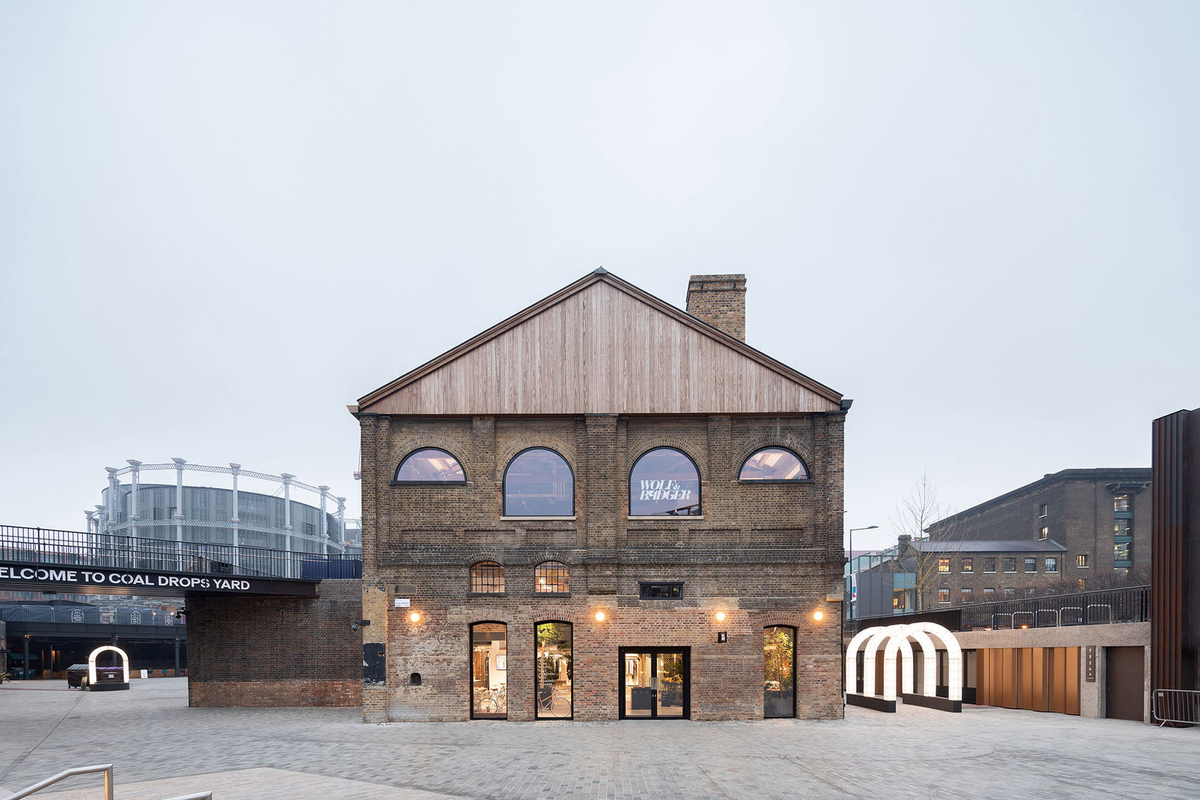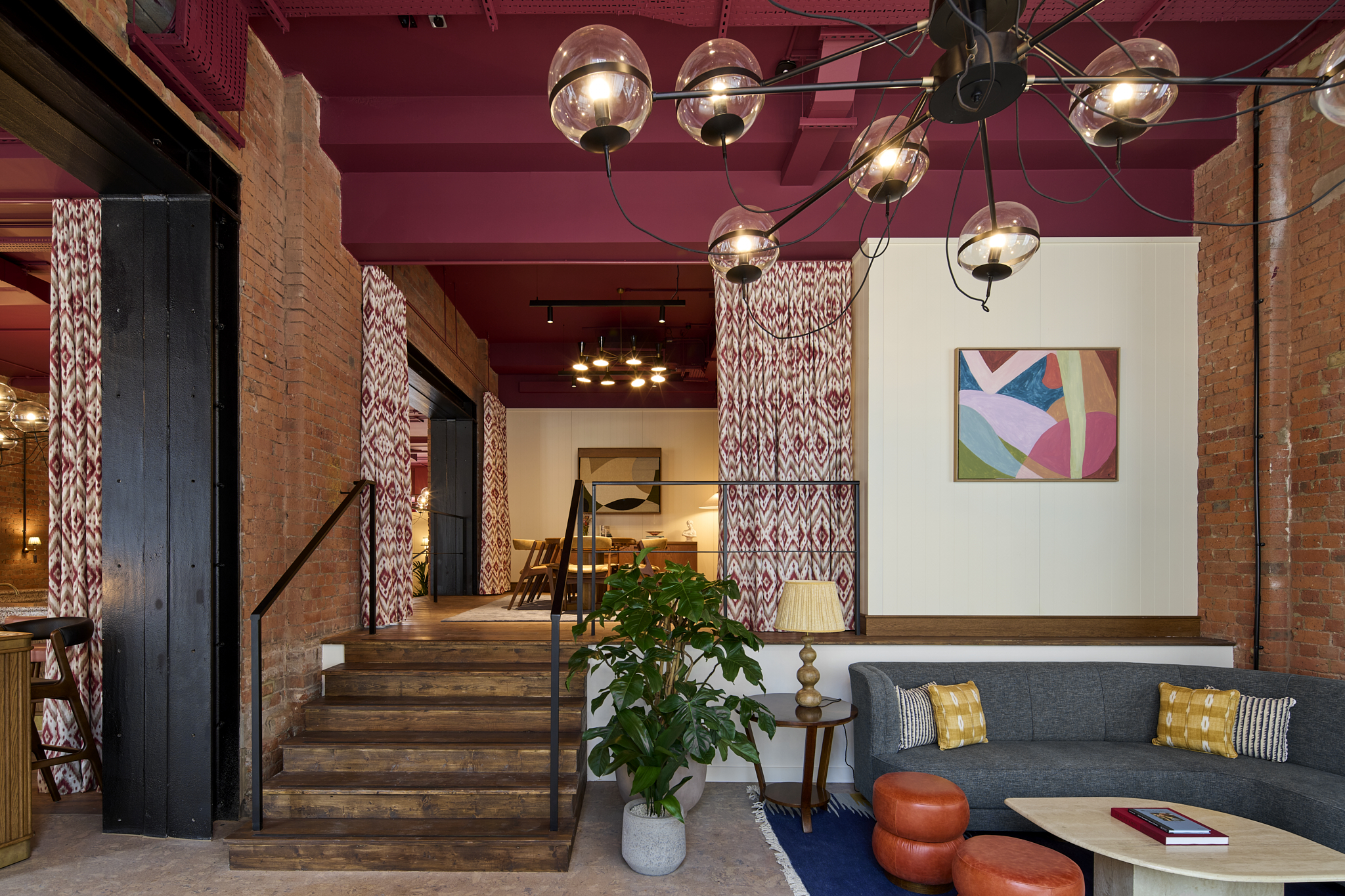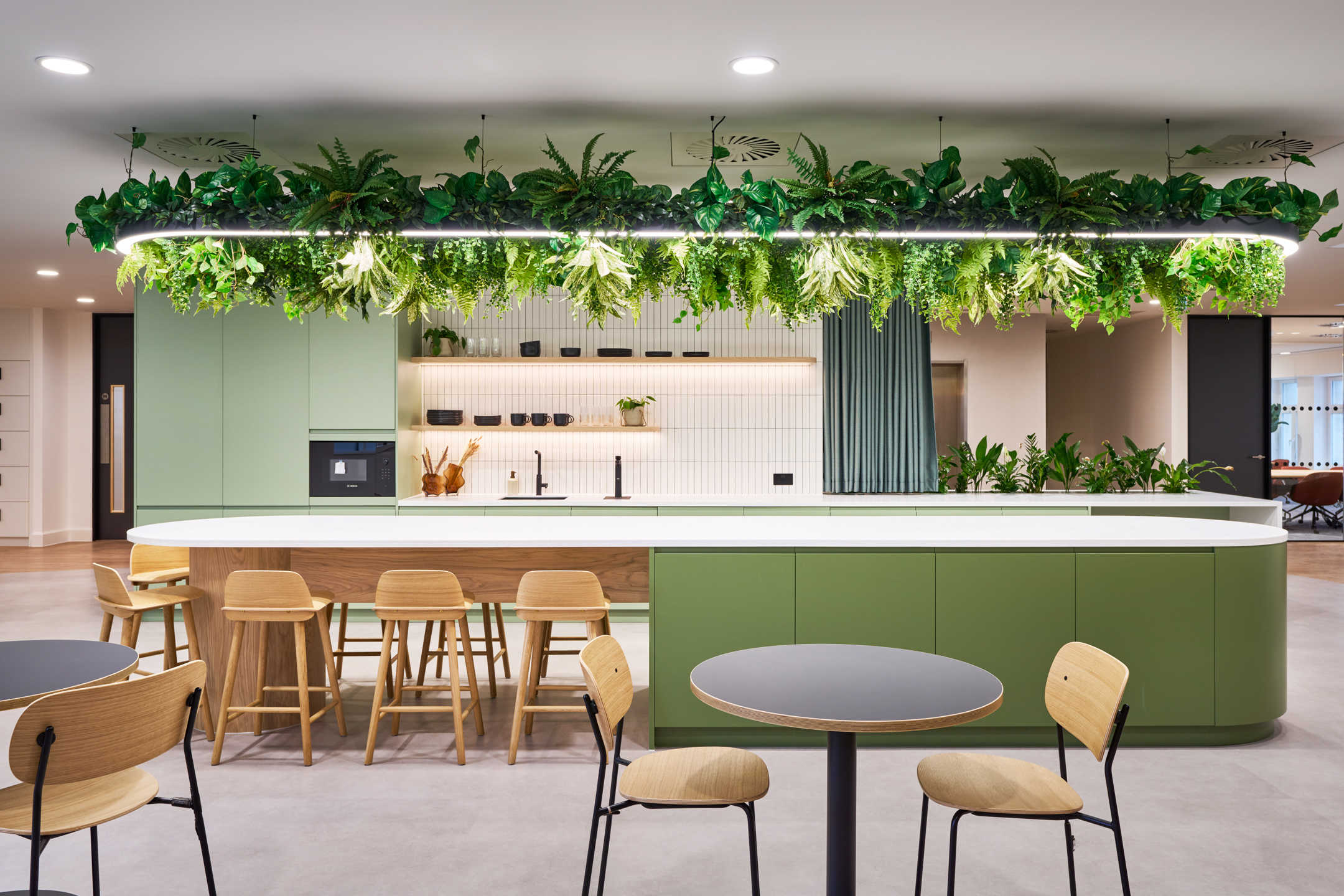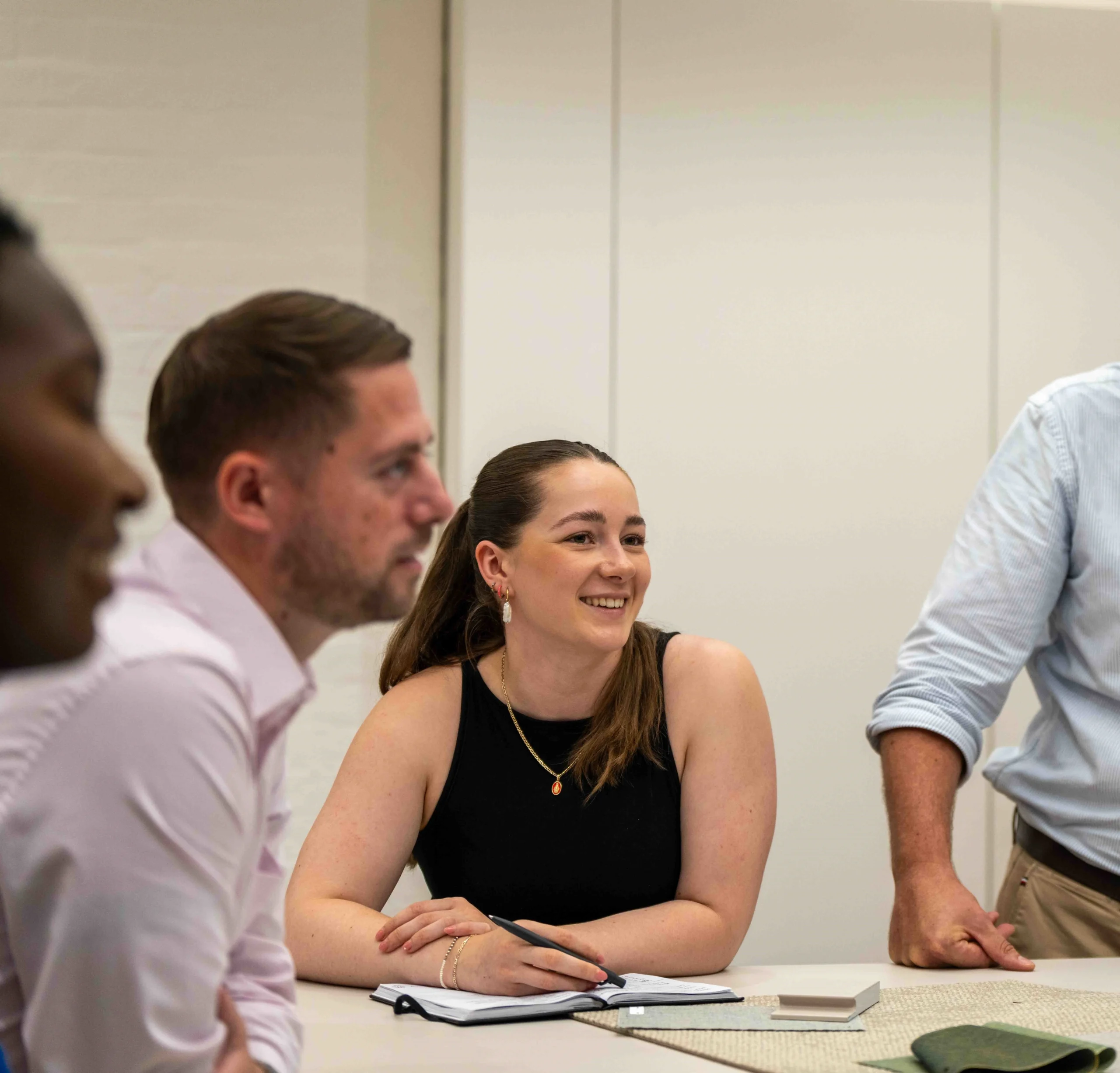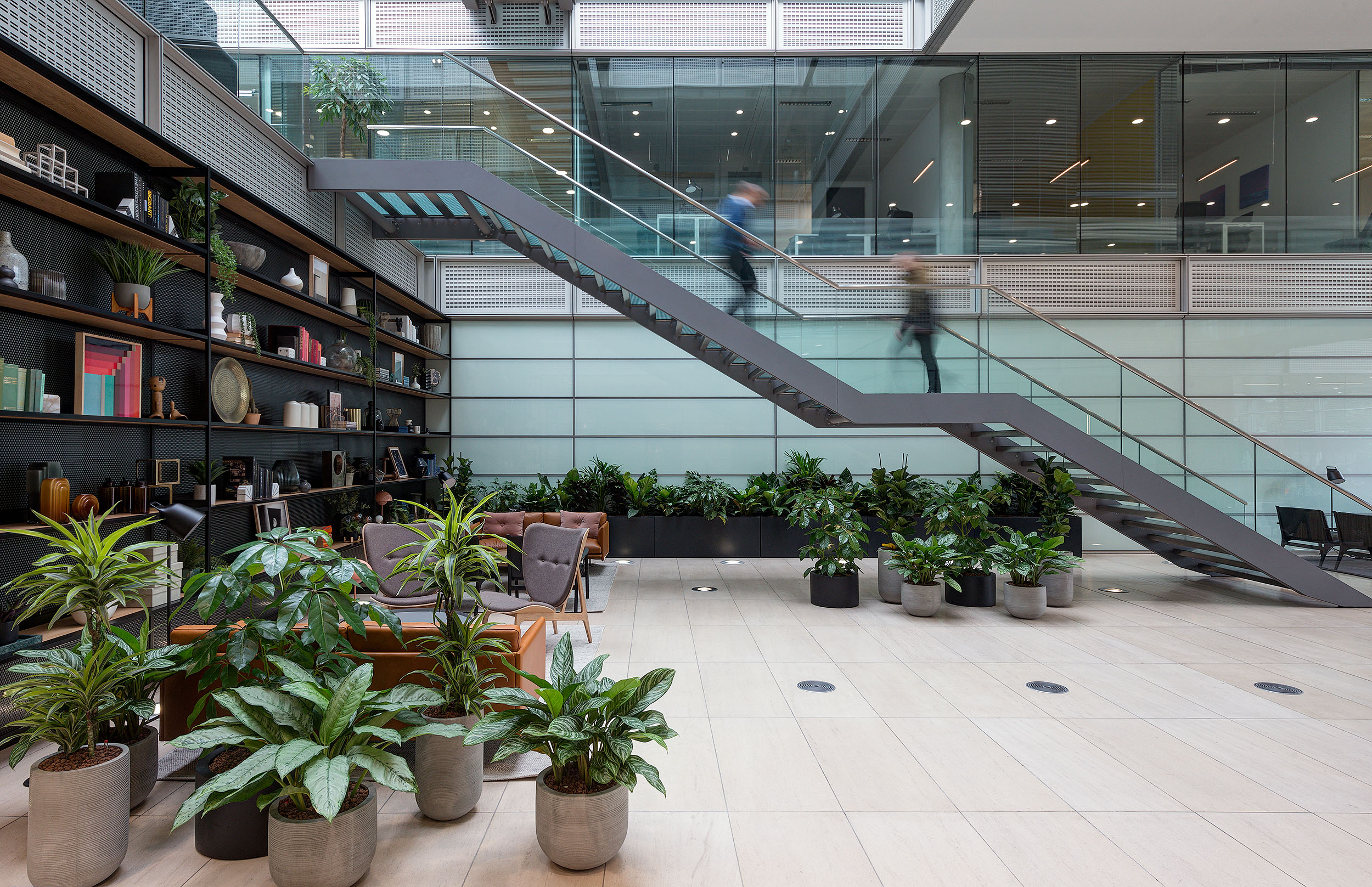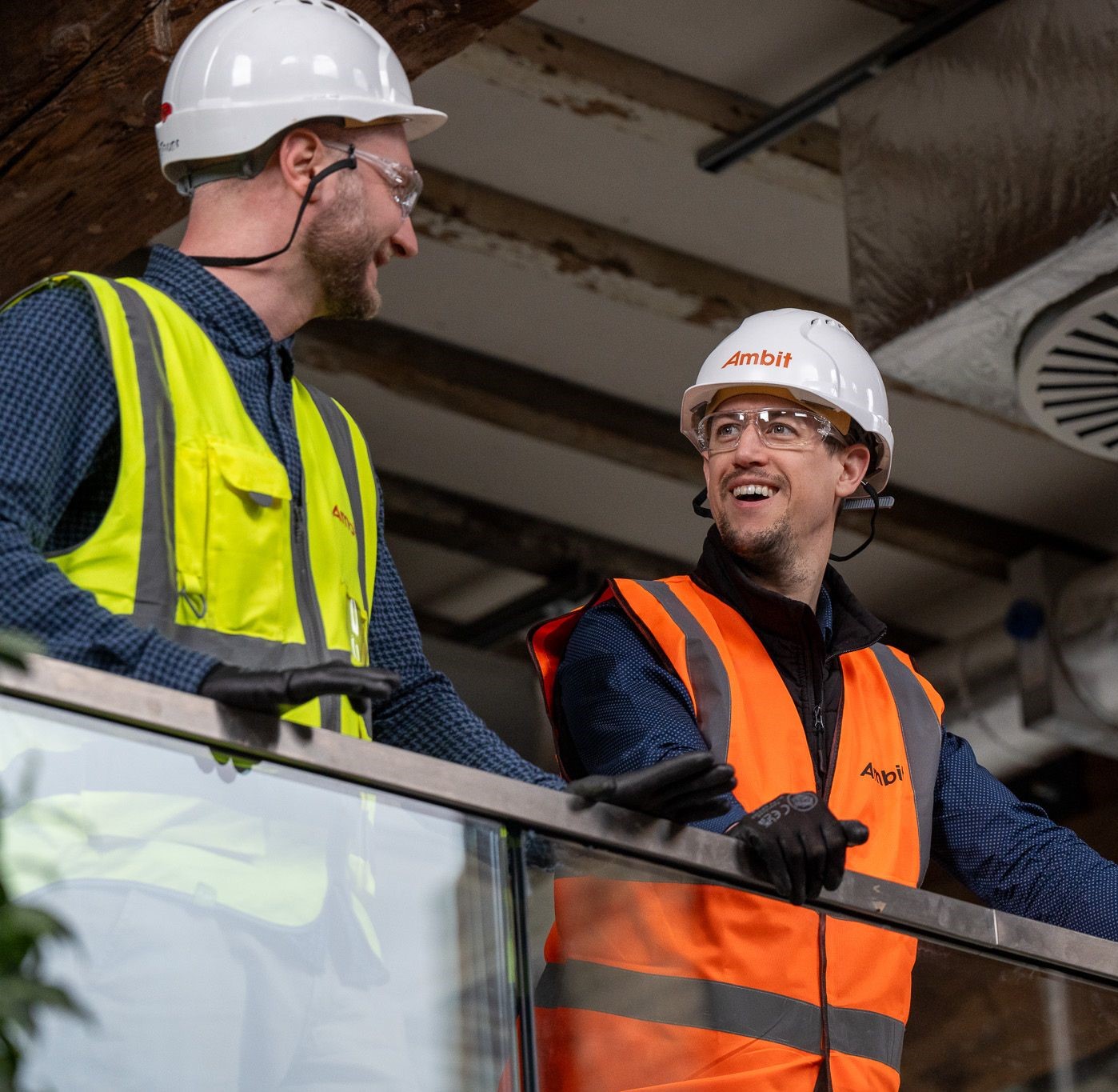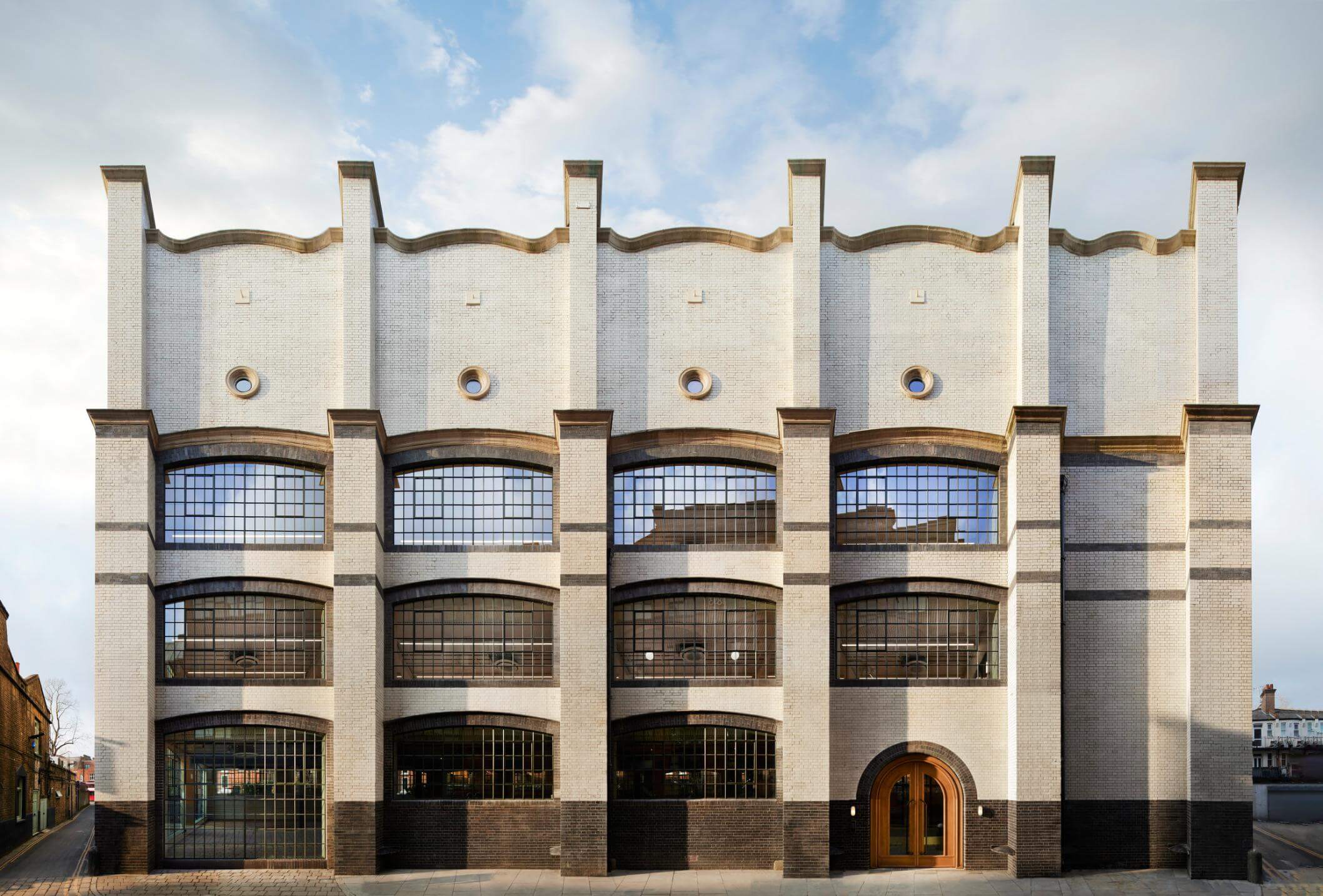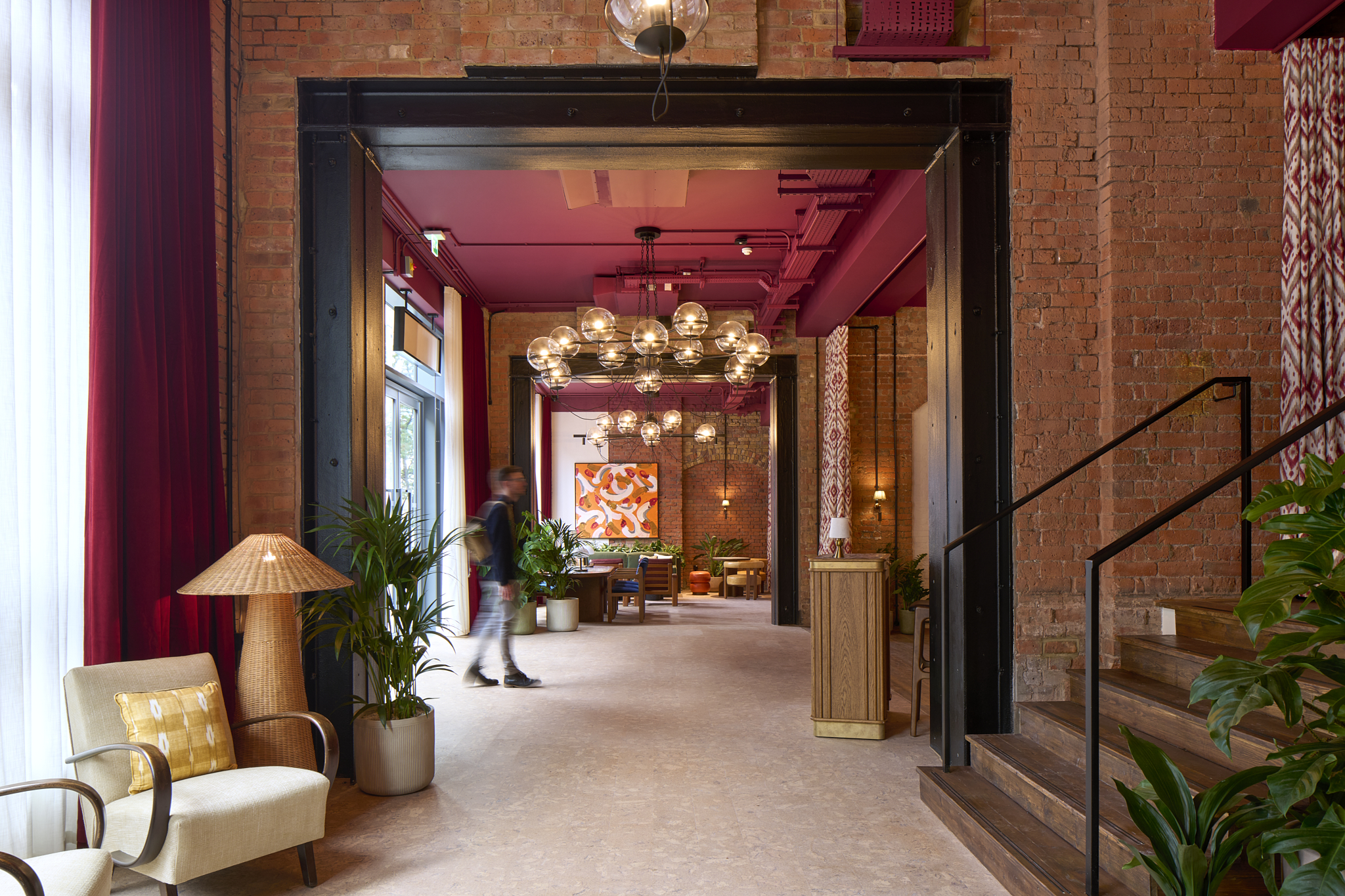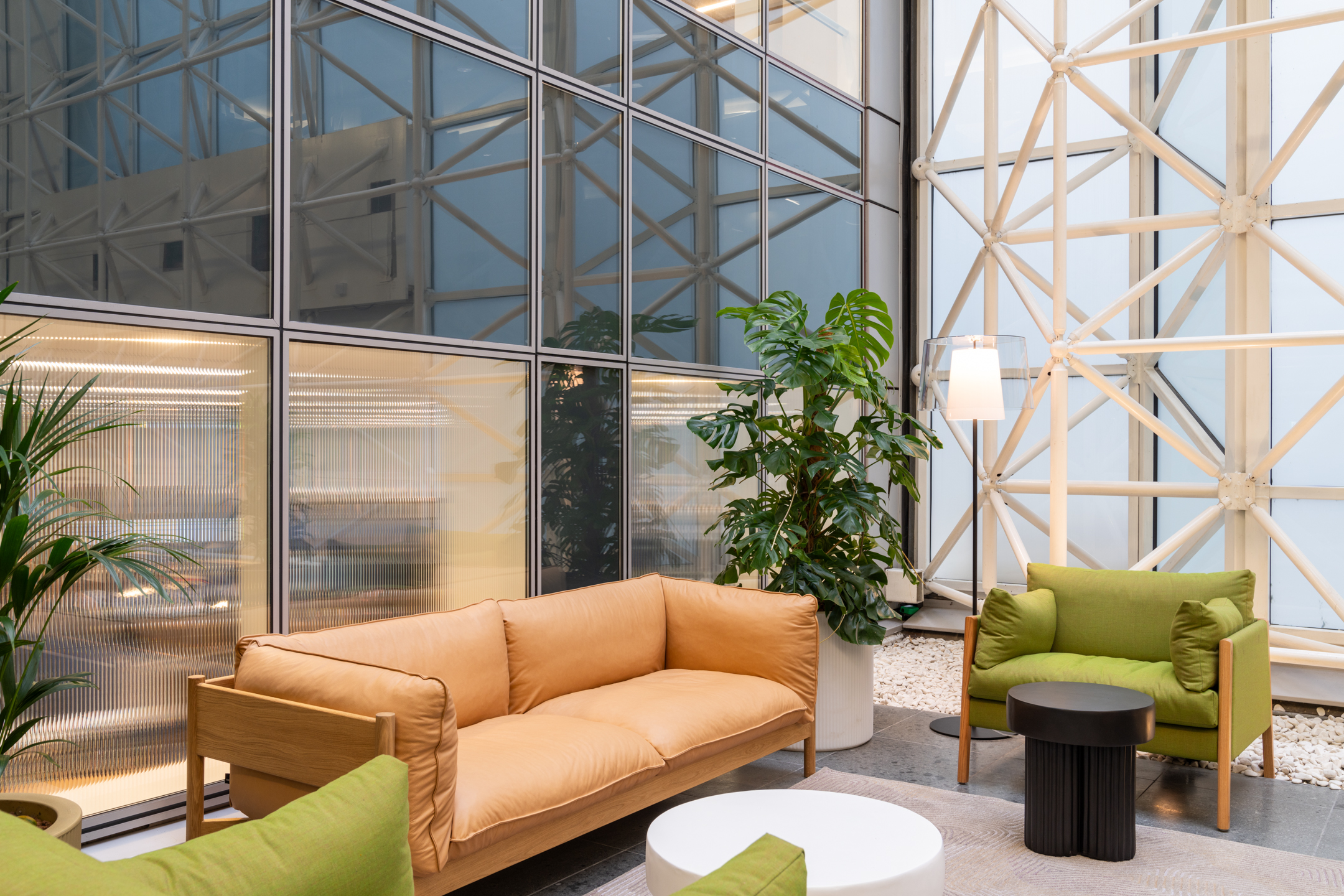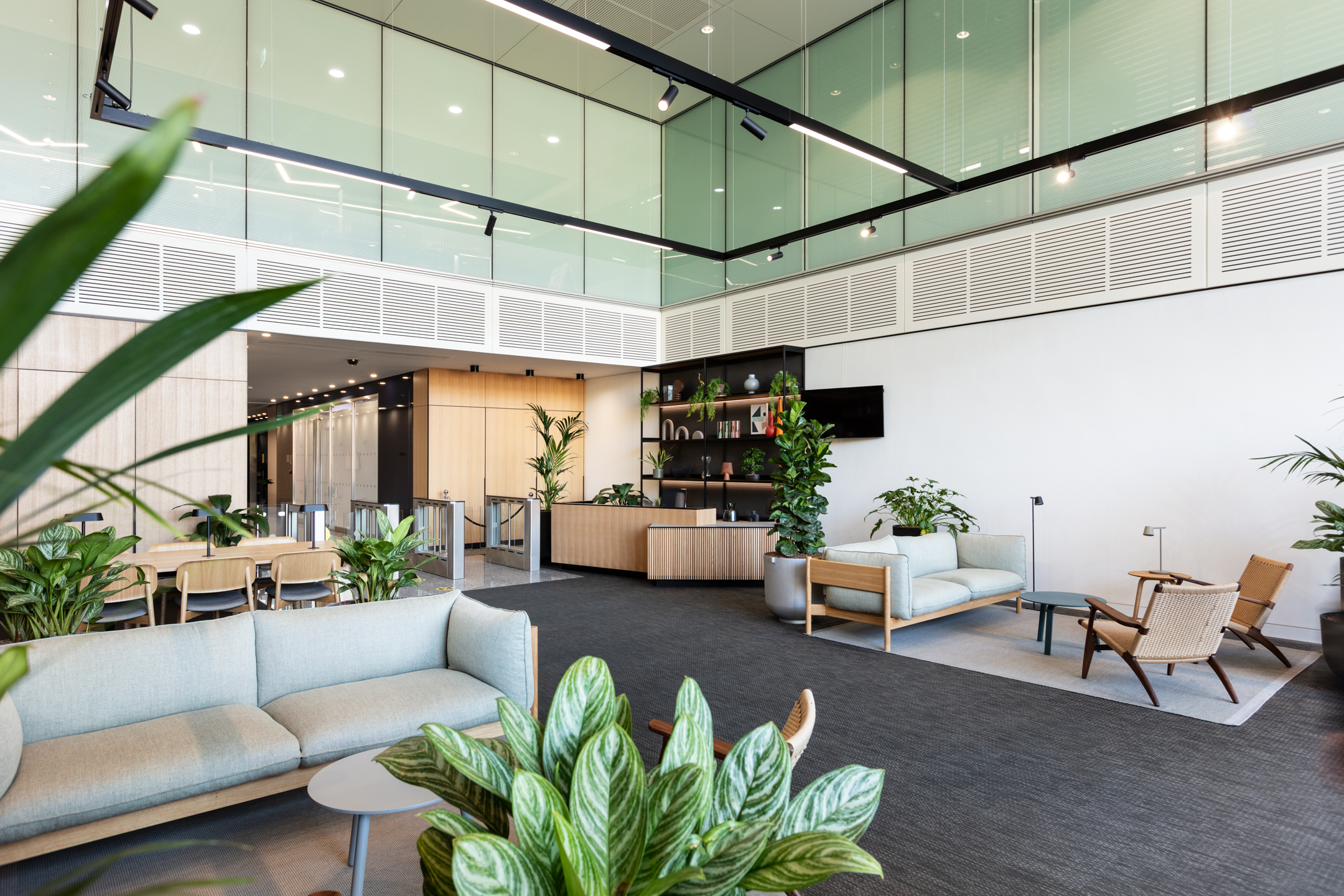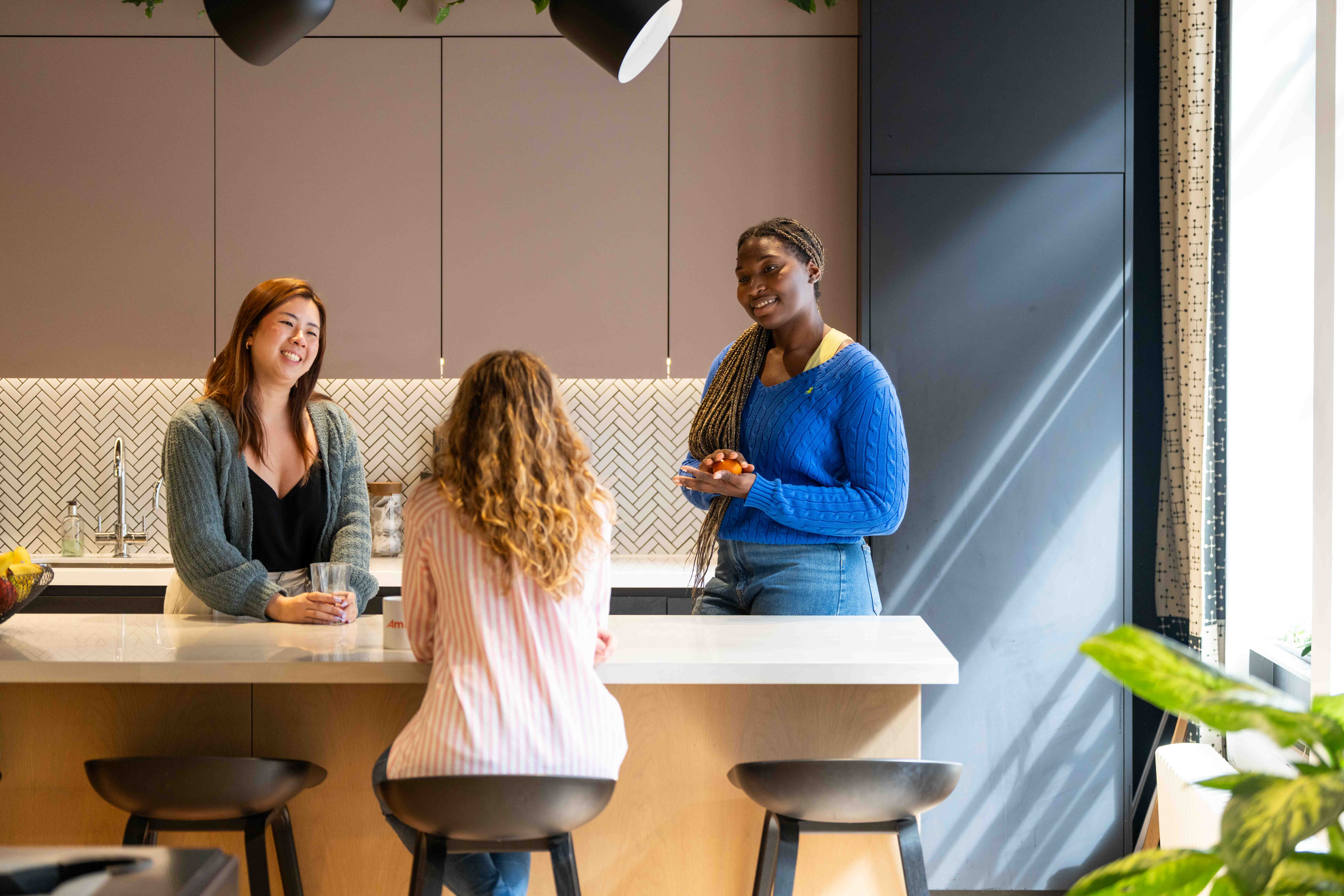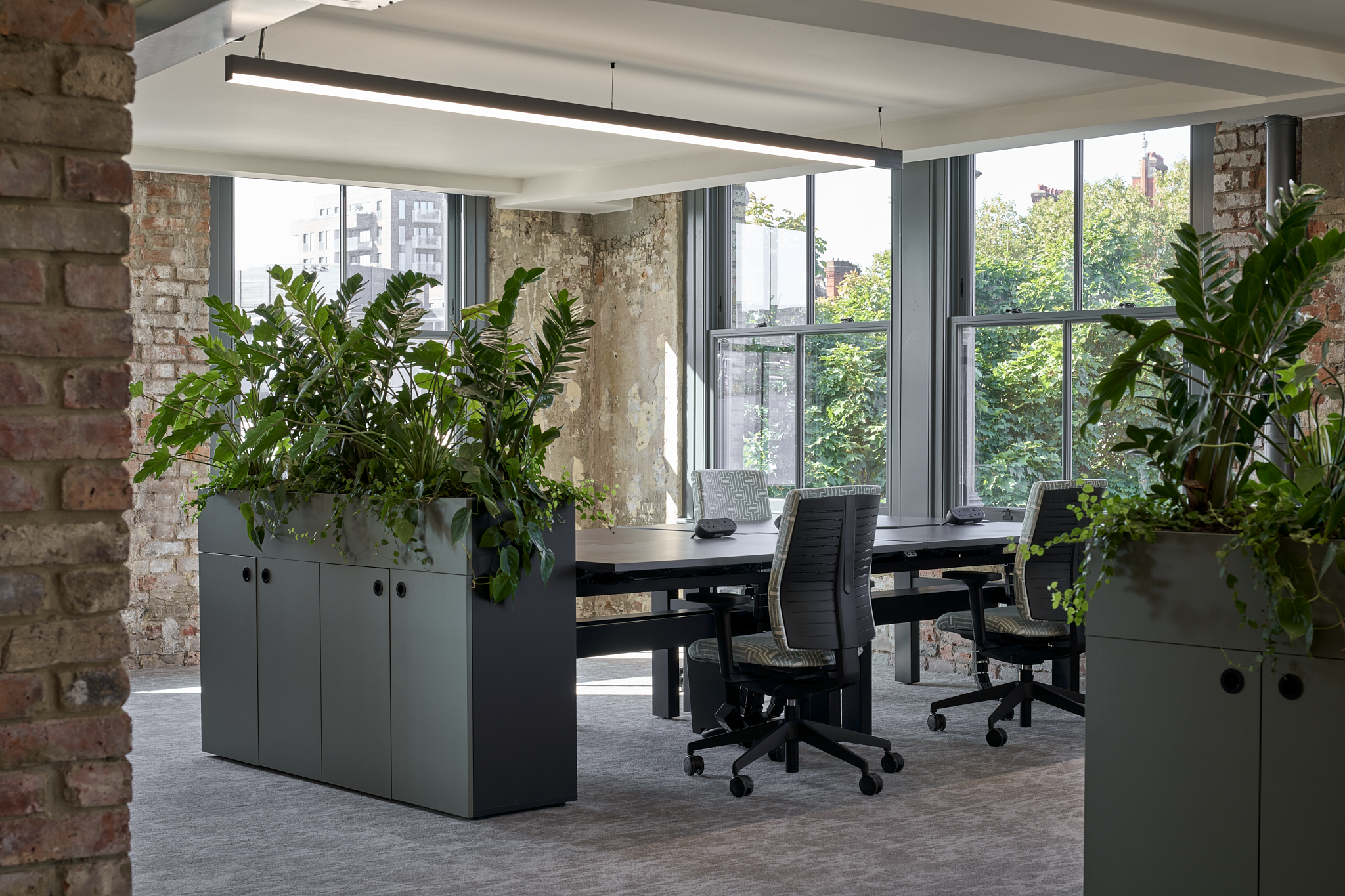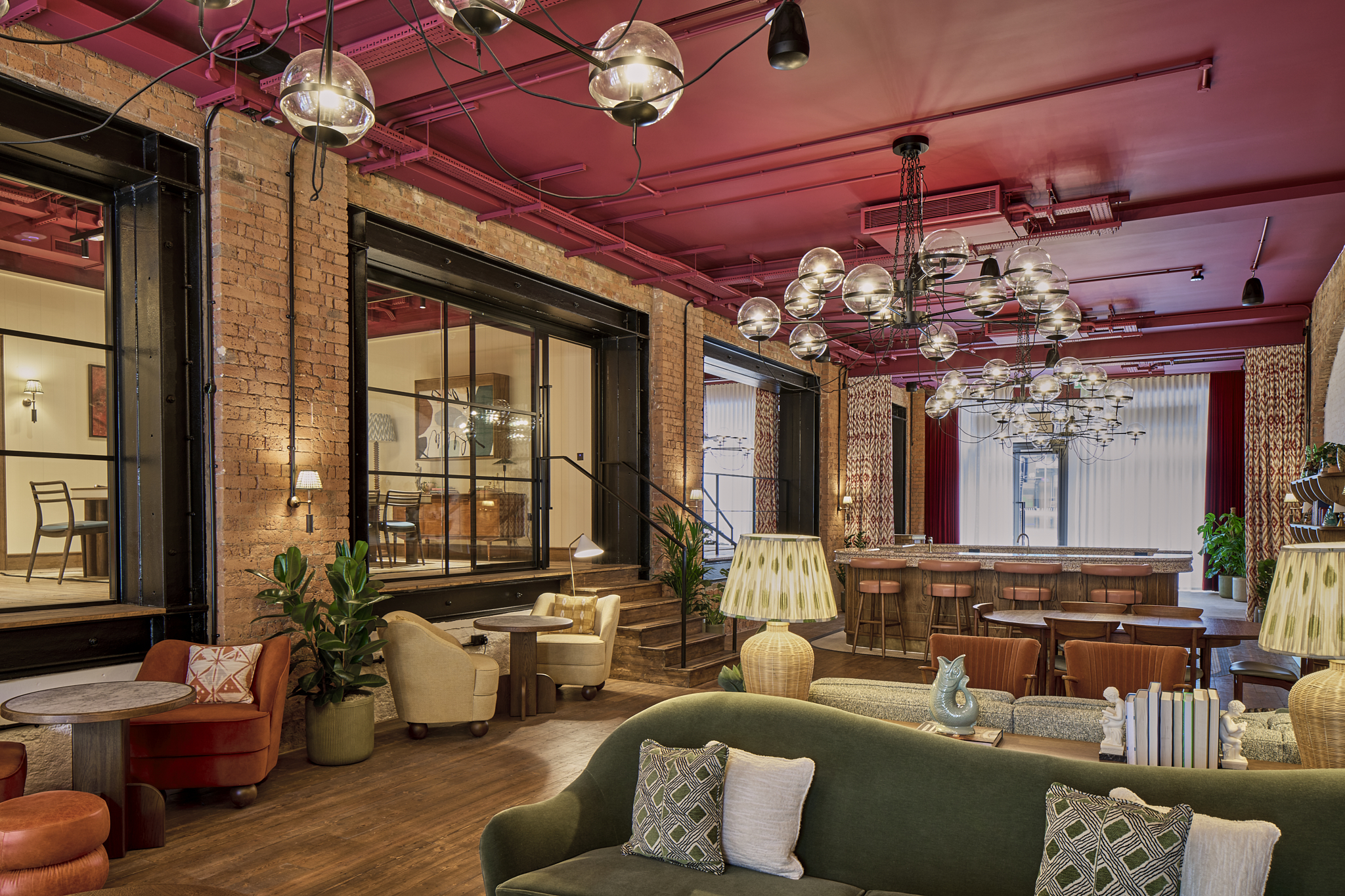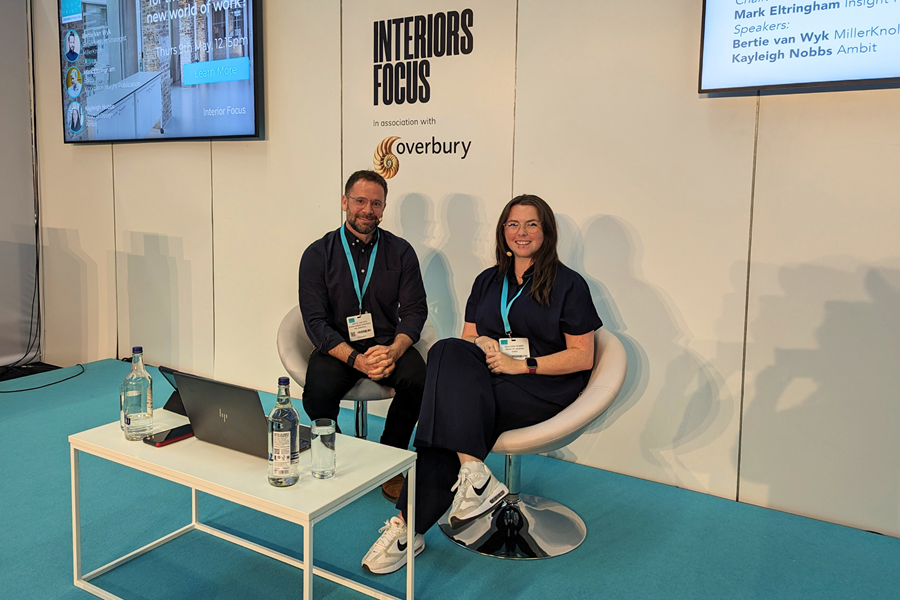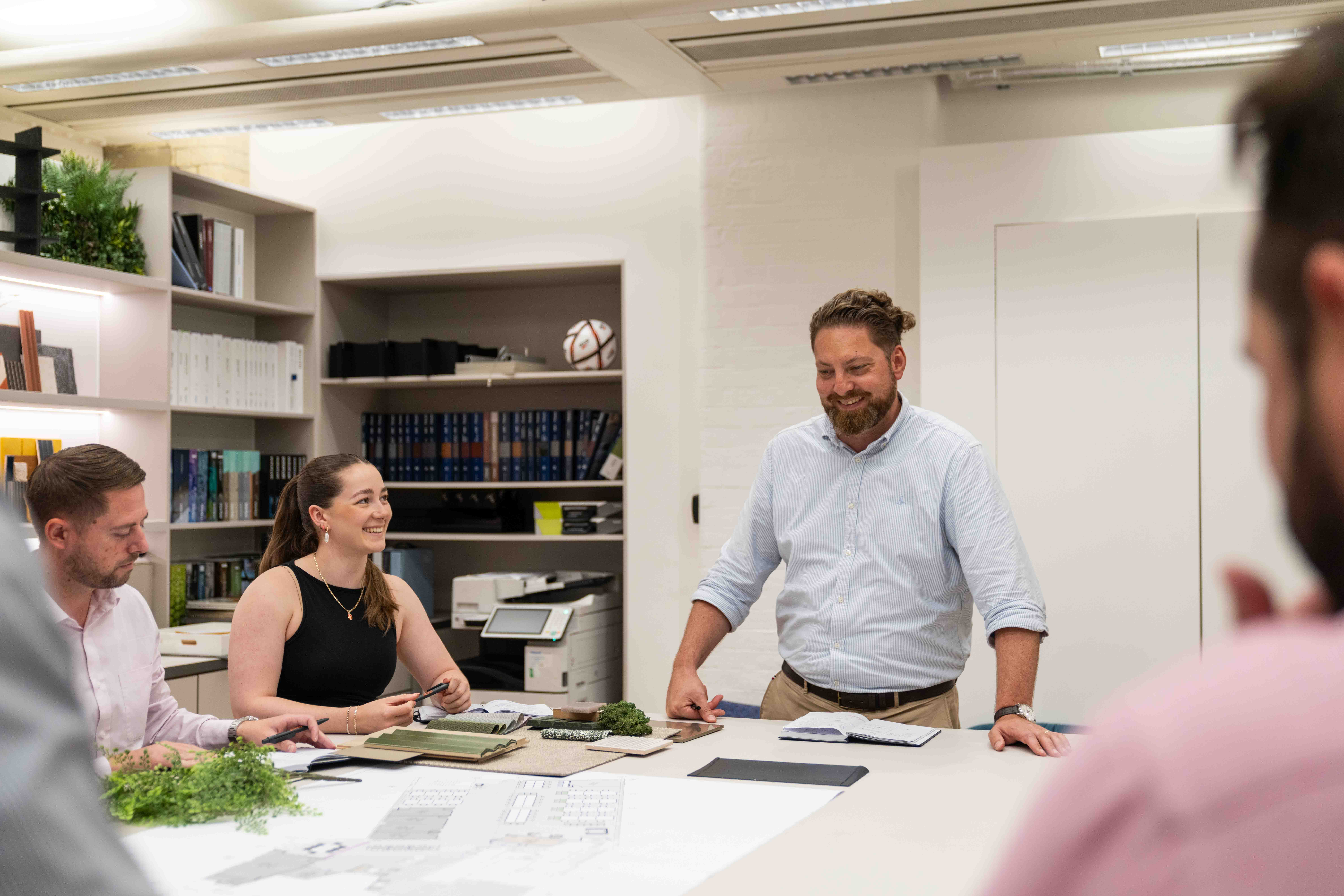About
Our achievements are made possible by embracing diverse opinions and welcoming fresh perspectives.
We are committed to fostering diversity and inclusion in every aspect of our workplace.
No matter your background, we want you to feel valued, respected, and empowered at Modus. Our strength lies in our ability to innovate, challenge conventions, and develop bold solutions—achievements made possible by embracing diverse opinions and welcoming fresh perspectives.
Your career is driven by your ambition. We are proud of our diverse team and will continue to recruit individuals from various backgrounds, cultures, and beliefs, because we understand that diverse organisations are more innovative and successful.
Our Commitment to Diversity, Equity, and Inclusion (DEI)
Our DEI strategy is integral to making Modus an outstanding place to work. We are dedicated to cultivating a culture where everyone feels recognised, rewarded, and empowered to grow, develop, and be their authentic selves. By providing opportunities for our team to come together, share their experiences, and contribute to meaningful change, we continue to build a workplace where everyone can thrive.
Our DEI initiatives focus on:
-
Equipping our senior team to champion the DEI agenda and lead by example.
-
Continuously refining our recruitment practices to diversify our workforce and attract top talent from all walks of life.
-
Providing our people with the knowledge and tools to create a truly inclusive workplace.
-
Launching awareness programmes to celebrate diversity and ensure all voices are heard.
-
Develop comprehensive policies that support our DEI goals and create a fair, inclusive environment for everyone.
-
Implementing tools to track our progress and measure the success of our DEI efforts.

